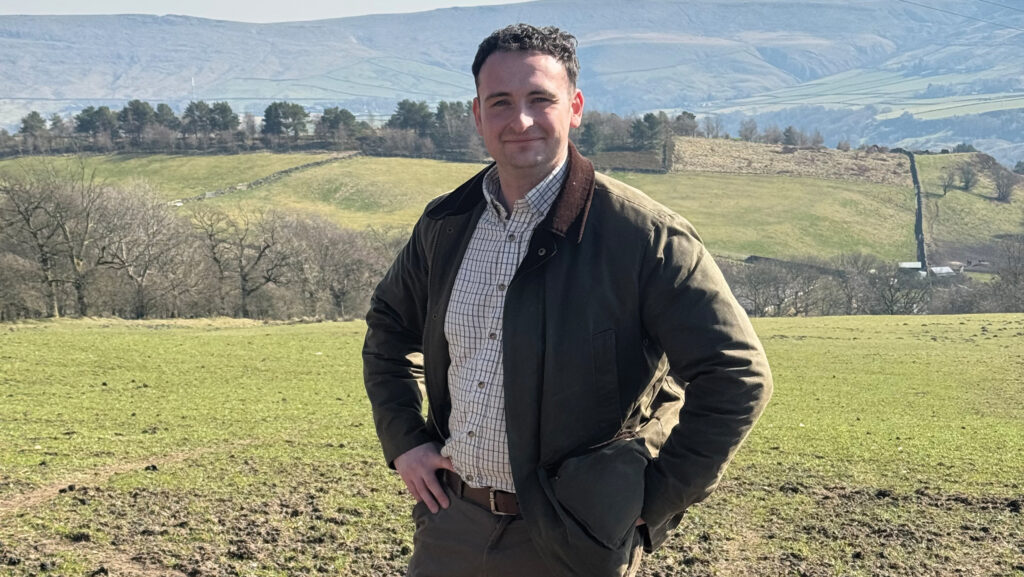Peter Gittins: Small farmers face a huge power imbalance
 Supplied by Peter Gittins
Supplied by Peter Gittins It was 2am, the second lambing check of the night. I’d been dozing on the sofa, careful not to sleep deeply in case I missed the alarm.
Pulling on my rigger boots and grabbing the torch, I stepped into the dark. Just a couple of healthy lambs needing penning until morning. No drama.
Yet that quiet half-hour stayed with me – not for the task itself, but for what it represents: the unseen, often undervalued labour sustaining small farms.
See also: Peter Gittins – urban-rural divide is stark and dangerous
Across Britain others were doing the same – quietly holding the food system together, largely unnoticed.
It made me reflect on the wider picture.
Farmers shoulder immense physical and mental burdens, yet often receive just 0.5% to 1% return on capital. Their share of the food supply chain is minimal.
One example highlights this clearly.
A University of Portsmouth study found that in beef burger sales, processors earn 10 times more a pack than farmers, with retailers making even more.
Some farmers receive less than a penny a pack sold.
Supermarkets may claim their margins are tight, but those pennies add up, giving them the power to dictate prices, delay payments, or reject good produce at will.
Power imbalances show up in other ways, too. Tenant farmers often want to diversify, but are blocked by restrictive tenancy agreements.
Even well-intentioned schemes like the Environmental Land Management scheme tend to favour those who can afford consultants.
Larger estates can navigate the complex bureaucracy; smaller farms often struggle to engage.
More recently, buried deep in the Planning and Infrastructure Bill, a clause allows Natural England to compulsorily purchase farmland for vaguely defined “environmental purposes”– whatever that means.
It grants an unelected body potential powers to seize private land – an alarming shift. For many small farmers, the system leaves little room to manoeuvre.
The only option is often quiet compliance. Bringing attention to such power imbalances and morally questioning them is a step in the right direction.
Quite a lot to ponder at 2am in the lambing shed. Time I went back to the sofa before the next alarm goes off.


